The Spokesman of Iranian Foreign Ministry Bahram Ghasemi said on Tuesday that Europe has not yet informed when it is going to launch the promised financial mechanism known as the Special Purpose Vehicle (SPV) in order to help Iran continue business under US pressures.
“The Europeans have yet to finalize the financial mechanism,” Ghasemi said in reaction to rumors that the European Union is going to launch the promised financial mechanism known as the Special Purpose Vehicle (SPV) by the end of January.
Ghasemi said that while the European side has repeatedly expressed its political willingness to implement the SPV, it has delayed implementing it many times so far, which is unjustifiable and unacceptable to Iran.
The spokesman further added “based on their statements so far, they have obtained the desired results by now.”
The issue was discussed with professor of Milan Catholic University of the Sacred Heart, Dr. Pastori Gianluca.
Here is the text of our interview with him:
Is EU able to make operational the SPV (Special Purpose Vehicle) despite the US opposition?
Talking about the SPV mechanism is quite difficult since its operational architecture is still unclear. According to the rumors, it seems that, from a theoretical point of view, it could be useful in solving the financial difficulties of trading goods on the international markets without moving dollars, relaying either on some form of barter or on non-dollar transactions. However, solving this problem does not address the companies’ main fear: being sanctioned because they trade with Iran. The outcome is linked to the exposure to the US market of the different companies; small and medium sized enterprises, without a US nexus or without significant exposure to the US could benefit from the SPV; large or heavily exposed ones probably no.
How do you see the future of JCPOA, if the EU fails to make SPV operational?
Since the beginning, the success of the JCPOA was linked to the possibility to re-launch the Iranian economy. Today, US secondary sanctions are jeopardizing this result and the failure to offer a meaningful implementation of the SPV could only worsen this state of things. On the other hand, the establishment of the SPV mechanism is of great political significance in itself. As Ms. Mogherini said, it provides the Iranian leadership with the incentive to remain committed to the JCPOA; at the same time, is another sign of the European willingness to support the nuclear deal despite US opposition. Worth noting, the US administration has already announced its readiness to ‘aggressively pursue our remedies’ ‘if there are transactions that go through [the SPV mechanism] that have the intent of evading our [US] sanctions’.
Can Iran's economic transactions and operations with other JCPOA signatories Russia and China materialize Iran’s goals under JCPOA?
Iran’s trade relations with Russia and the PRC, as well as with India and other countries, can play an important role in dealing with Teheran’s economic needs. Russia and China have little political incentive in supporting the US position and – not surprisingly – they have already expressed their favor to the SPV mechanism. Stronger ties with Russia and China can also be a ‘backup option’ in the event of an SPV failure. The implementation of China’s One Belt One Road initiative is another potentially positive development for the Iranian economy. However, as far as one of the aims of the JCPOA was establishing better relations between Teheran and the US, strengthening the existing ties with Russia and/or China is of little or no avail.
Interview by Payman Yazdani


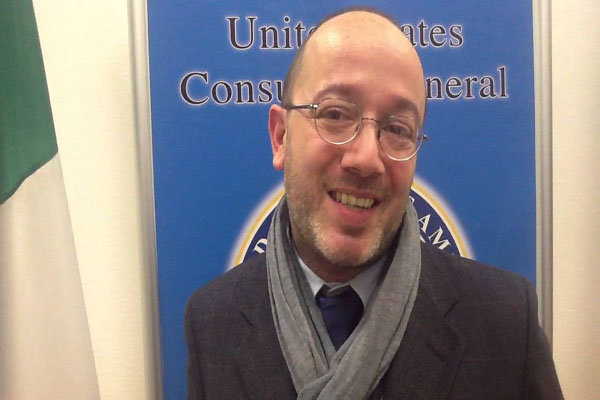





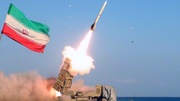
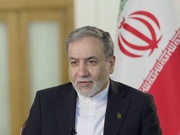
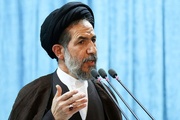










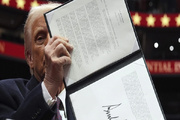

Your Comment